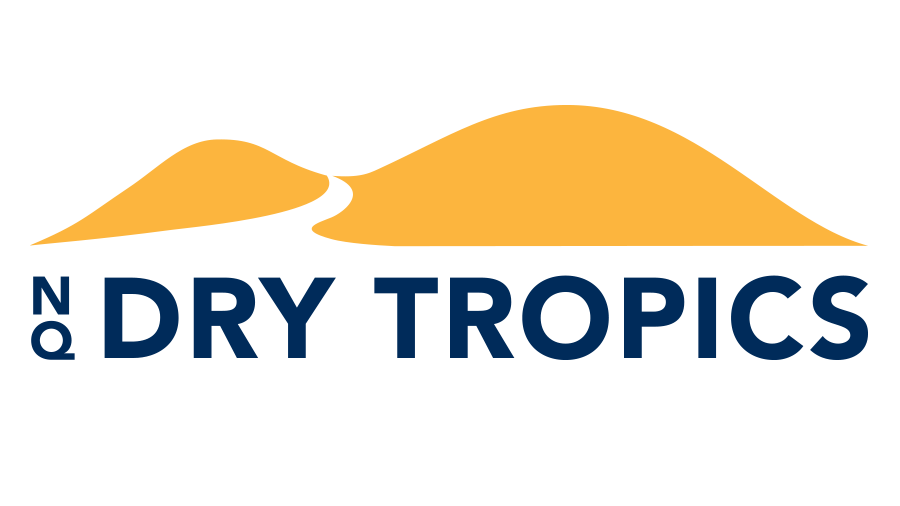More than 20 Burdekin sugarcane farmers participated in a field walk last week on Willy Lucas’ Osbourne cane farm, near Home Hill, to inspect an NQ Dry Tropics low-cost furrow irrigation automation trial.
Affordable automation in furrow irrigation can deliver multiple potential economic and farming sustainability benefits by reducing use of electricity, water, labour, nutrients and chemicals, while maintaining or increasing productivity.
Participants watched as irrigation was switched on and off within different blocks in real time, using telemetry. As water progressed down the furrow, it triggered sensors located in the field, which used a radio communication network to control irrigation valves.
NQ Dry Tropics Project Officer Anthony Curro said that the trial and field walk was supported by NQ Dry Tropics’ Sugarcane Innovations Programme (SIP), that supports farmers to identify new practices that will reduce nutrients and pesticides leaving Burdekin sugarcane farms and entering the Great Barrier Reef.
“The Programme includes support from the the Coca Cola Foundation-funded project Catalyst, the Australian Government-funded Reef Water Quality Grants Programme, and the Reef Programme Game Changer project, which focuses on using precision agriculture technologies and advanced planning to provide opportunities for cane farming to be more economically and environmentally sustainable,”he said
“If the trials prove successful, automation in furrow irrigation could have huge potential as an affordable and effective way for sugarcane farmers in the Burdekin to reduce irrigation losses from farms and improve water quality.
“The system has been two years in the making and there is still field testing to be done around the robustness and reliability of the prototype,” he said.
Willy Lucas got involved in the groundbreaking trial because he wanted to improve his irrigation efficiency and reduce nutrient and irrigation runoff from his farm, while creating more spare time.
“Imagine being able to check my irrigation while I’m on a boat fishing”, he said.
SIP trial implementation team members include host farmer Willy Lucas, trial developer Peter McDonnell from key trial delivery partner Farmacist, Department of Agriculture and Fisheries Economist Matt Thompson and communication technician Greg Paine.
The field walk featured presentations on systems componentry and design, including End of Row Sensors (ERS) placement, radio frequency, soil moisture sensing, valve control, phone applications, setting up a base station, and economics.
Peter McDonnell from Farmacist, said that the modular system has been designed specifically for use in the sugarcane industry, and could be tailored to suit individual grower’s needs.
“Digibale, a wool innovations company, has provided considerable support in server and software design (phone applications) to enable the system to be controlled remotely. The project aims to continue developing the system to the stage where it will be commercially available to the sugarcane industry,” he said.
